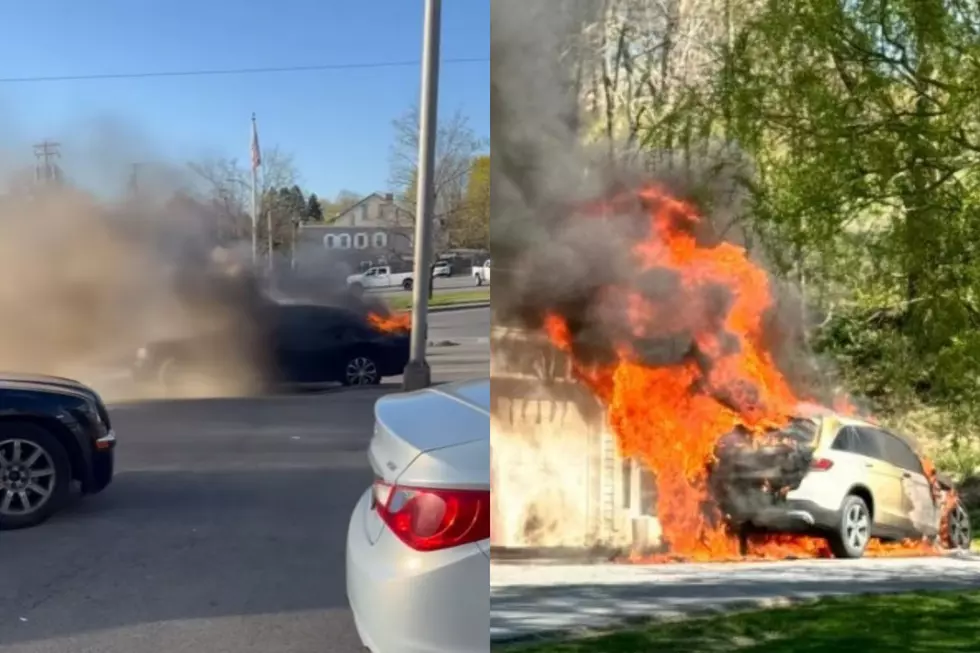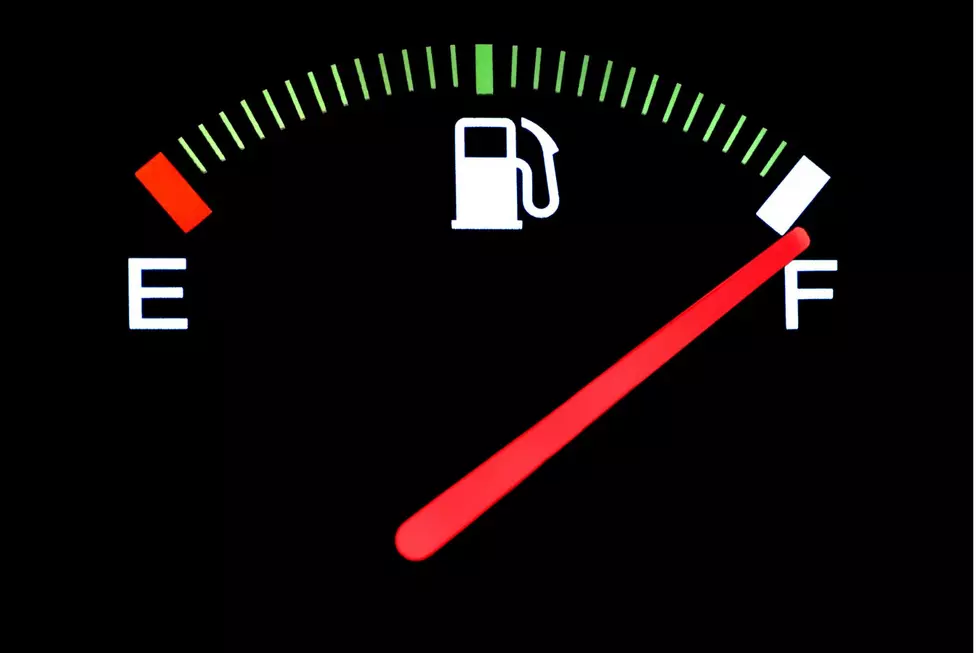
Confusing Loophole: New York to Ban Most Outdoor Fires This Month
On March 16 a statewide burn ban will go into effect in New York State. However, one exception to the ban has some people a little confused.
Every spring, the New York State Department of Environmental Conservation institutes a statewide ban on bonfires, campfires and other open fires. The goal of the annual ban is to reduce the number of wildfires in New York State. According to the DEC, the single largest cause of spreading wildfires is the open burning of debris.
When is the burn ban in effect?
The burn ban begins on March 16 and continues through May 14. This is when temperatures rise and dry leaves and branches from the fall and winter are scattered everywhere. Because new green vegetation hasn't grown yet, springtime is an especially dangerous time for wildfires to quickly spread.
What does the burn ban prohibit?
The burn ban essentially outlaws open fires such as campfires, bonfires and burn barrels. There are, however, a few exceptions to the ban. Campers can still build outdoor fires that are less than three feet in height and four feet in diameter. Small fires that are used for cooking are also allowed. All of these fires must only contain clean, untreated or unpainted wood and be extinguished immediately after use.
One exception to the ban can be a confusing loophole
There is another specific exception to the burn ban that has some people a little confused. According to the DEC, bonfires are prohibited during the dry spring season unless they're considered to be "ceremonial or celebratory bonfires." The vague description of these types of bonfires could lead one to believe that they've found a loophole in the burn ban.
Some may wonder what's to stop anyone from inviting a few friends over to burn all of the dry branches and debris from their lawns, claiming that it's a "celebration of spring" or some other type of party. It could be tempting for someone to roll out a keg, call over the neighbors and start celebrating National Pencil Day (March 30) or one of the dozens of other holidays that happen every month. Surely, that would be considered a celebratory bonfire, no?
Of course, the risk of causing a huge wildfire should be enough to stop anyone from trying to circumvent the annual burn ban. For more information on the serious risk of wildfires in New York, you can visit the DEC's informational website.
LOOK: The 25 least expensive states to live in
LOOK: This is where homes are selling the fastest right now
More From WPDH-WPDA









